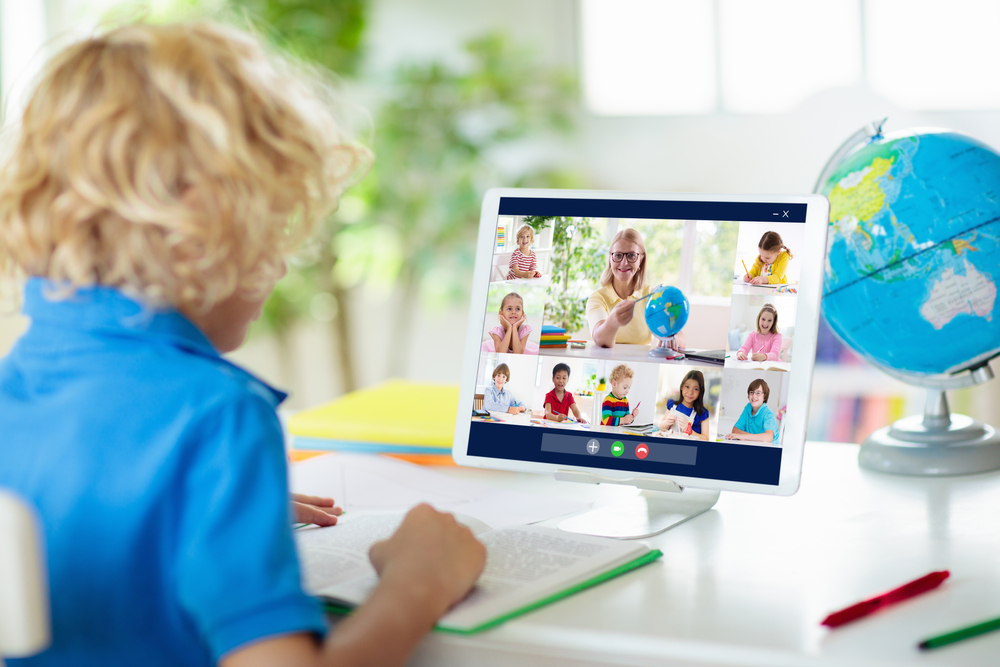Analytical thinking Normal Reading Worksheets
8 filtered results
-
From - To
Unlock your child's potential with our "Analytical Thinking Normal Reading Worksheets," designed by Kids Academy. These engaging worksheets cater to young learners, promoting analytical skills and enhancing reading comprehension. Our expert-crafted activities focus on problem-solving, pattern recognition, and critical thinking. They encourage children to make connections, ask questions, and think independently. Ideal for classroom use or extra practice at home, these resources provide a fun, interactive learning experience. Reignite your child's curiosity and support their educational journey with printable exercises that stimulate their mind and foster a love for reading and learning. Explore now at Kids Academy!
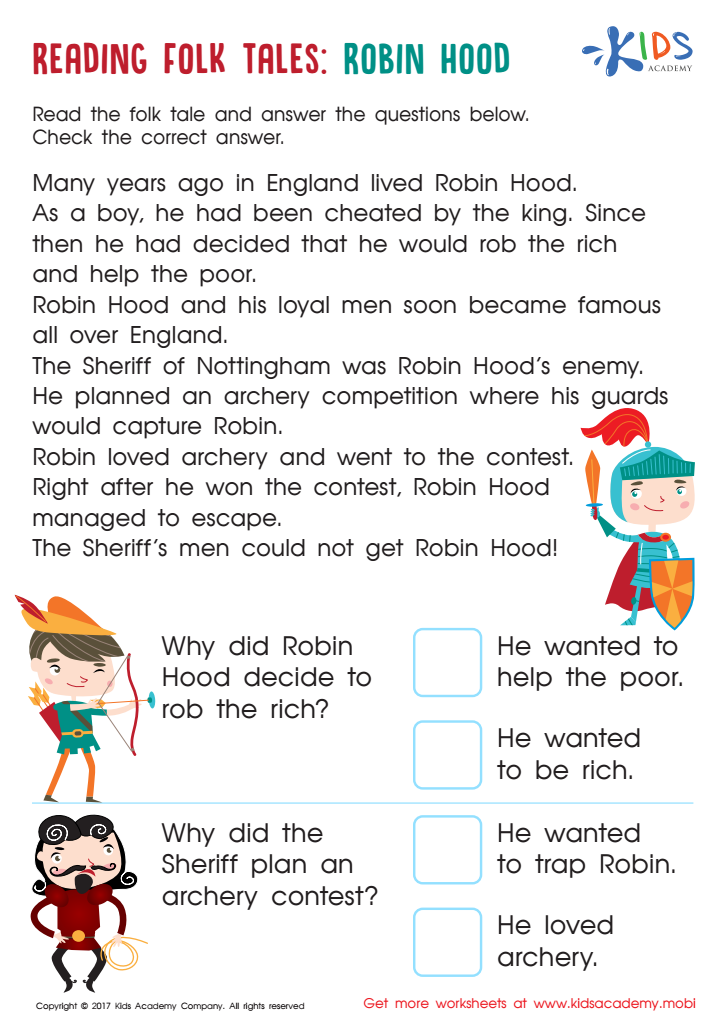

Robin Hood Folktale Worksheet
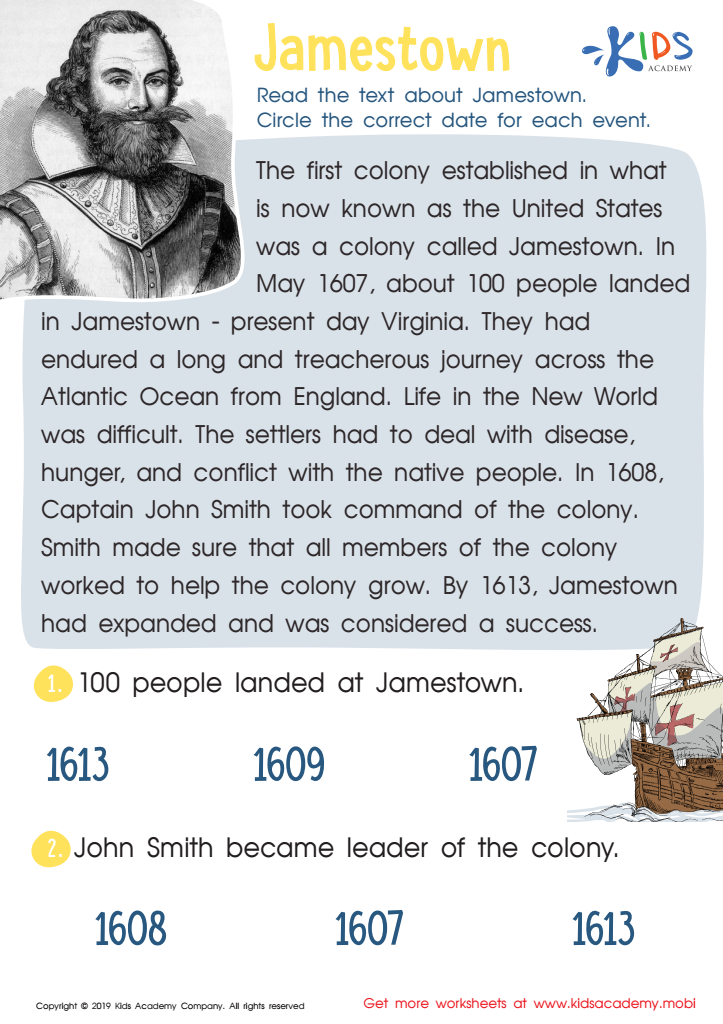

Jamestown Worksheet
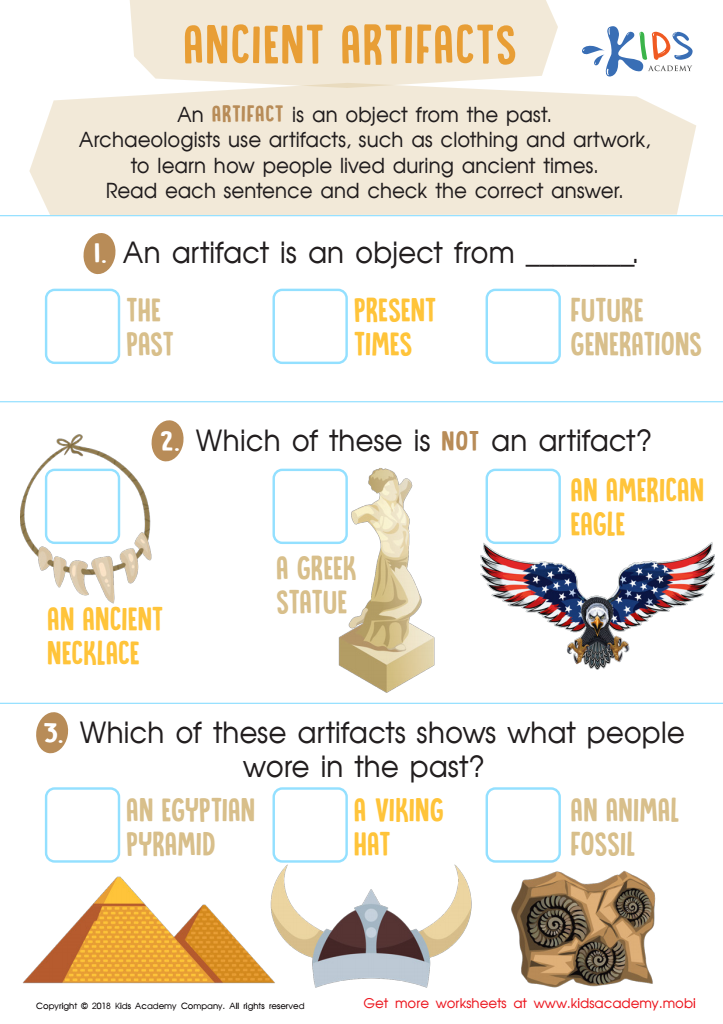

Ancient Artifacts Worksheet
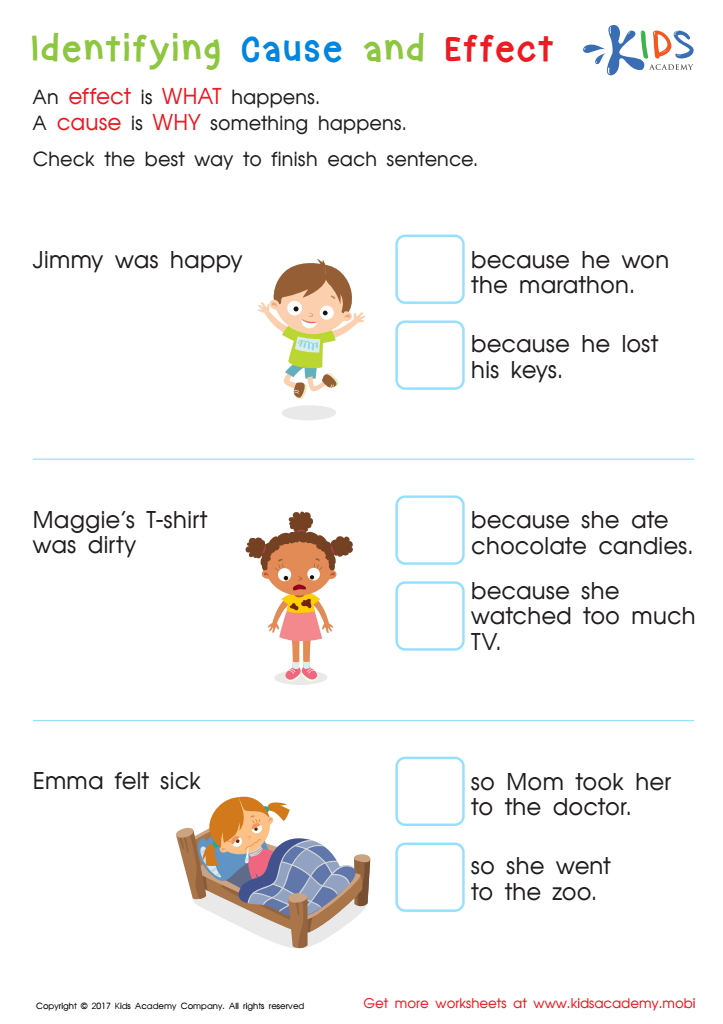

Indentifying Cause and Effect Worksheet


The 5 Sense Scientist Worksheet
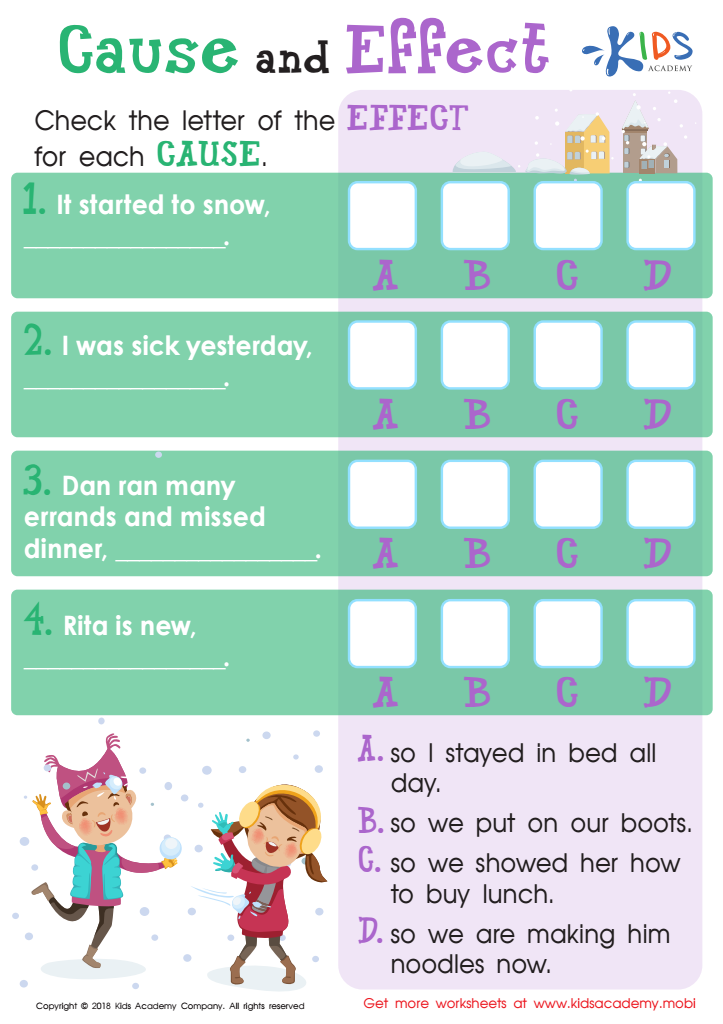

Cause and Effect Worksheet
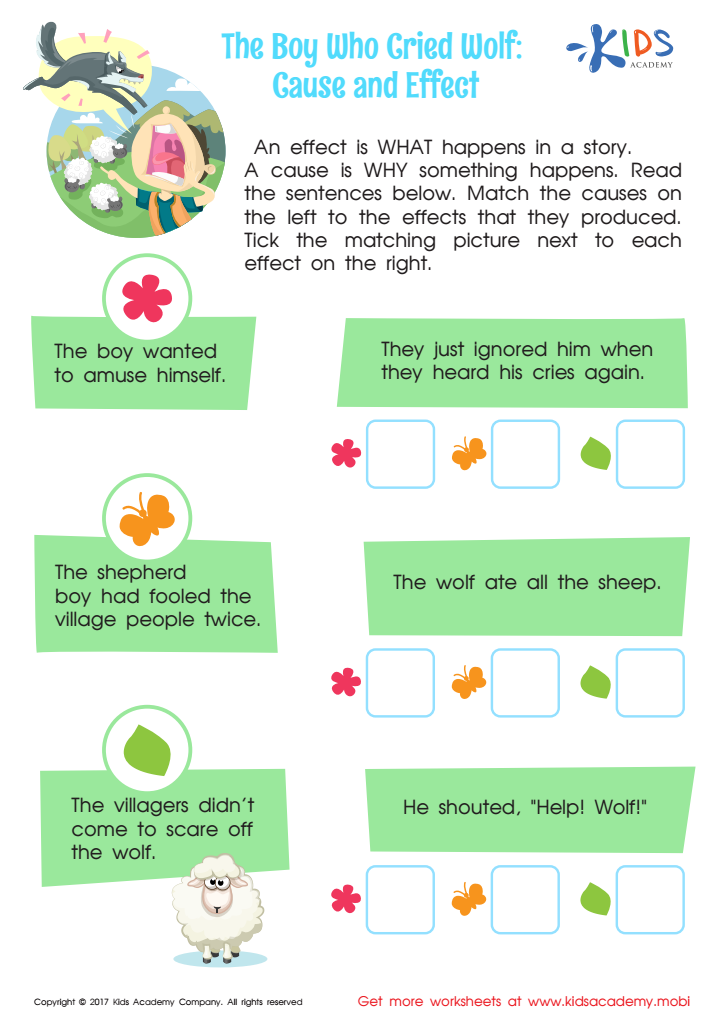

The Boy Who Cried Wolf: Cause and Effect Worksheet
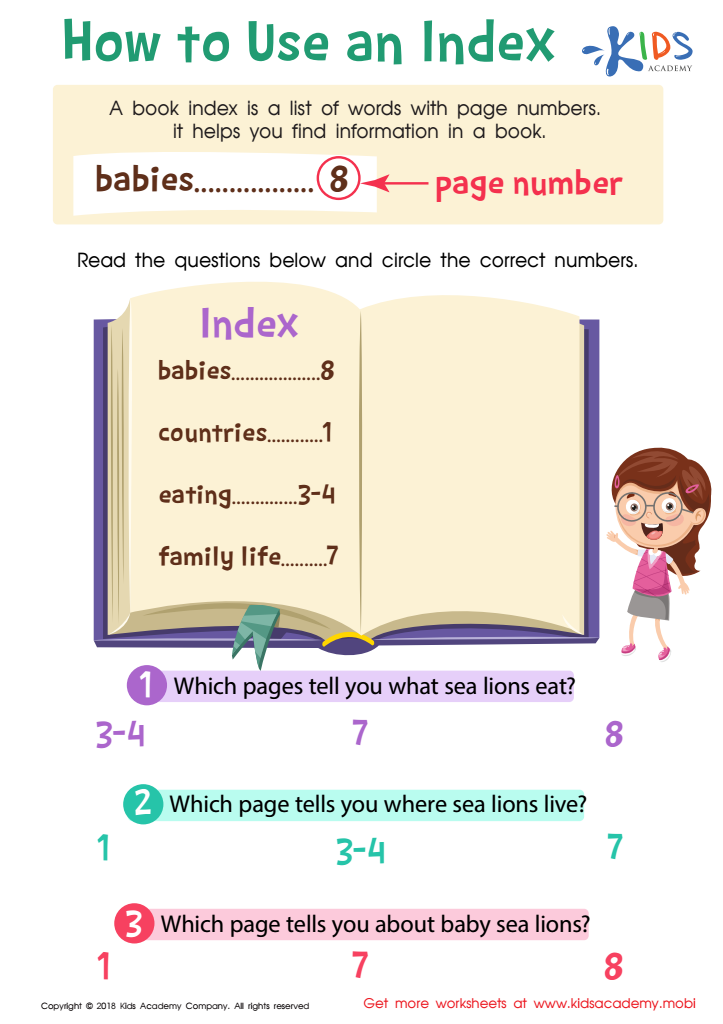

How Use Index Worksheet
Analytical thinking and reading comprehension are fundamental skills deeply interconnected with a child’s academic success and overall cognitive development. For parents and teachers, fostering analytical thinking through normal reading practices is crucial. Normal reading enables children to decode and understand text, enhancing language development and vocabulary. As children engage with a variety of texts, analytical thinking comes into play when they interpret, critically evaluate, and connect the material to prior knowledge and real-world scenarios.
Encouraging this kind of thinking through reading helps children improve their problem-solving skills, enabling them to dissect complex problems and devise viable solutions. It promotes curiosity and inquisitiveness, driving intellectual growth and a lifelong love for learning. Furthermore, strong analytical skills developed through reading help children perform better in other academic areas such as math, science, and social studies, where critical thinking is key.
Teachers can design reading activities that incorporate questioning, predicting outcomes, and reflecting on content to build these skills. Parents can support by engaging in discussions about books, asking open-ended questions to encourage deeper thinking. Thus, investing in such activities fosters resilience, adaptability, and independent thinking, essential traits in an ever-evolving world. Prioritizing analytical thinking through regular reading prepares children not just for academics, but for thoughtful, informed citizenship.

 Assign to My Students
Assign to My Students







